They run, jump, play sports and It’s always a big question for adults that how much water should their kid drink in a day?
Children have a constant need for hydration, as their metabolism is different from that of adults. Their body is made up of 70% water, their temperature regulation mechanisms are not fully developed and they are more sensitive to dehydration, as their body surface and weight are smaller.
Boys and girls have different requirements and parents do not always have control, as they spend time at school, where there is no assurance that they are drinking enough. So how much water should a child drink to be properly hydrated? Here we reveal it.
The hydration needs of growing children are very different according to their age. Fresh water is not recommended until the age of 3 because their intestines are not ready to metabolize it. Also, needs vary according to climate and lifestyle. Check out this quick guide:
How much water should a 14 year old drink?
Children of different age group require different amount of water daily and here are some recommendations for some age groups.
- For 3 to 4 years old kid: 4 glasses of water.
- Up to 8 years: 5 glasses
- From the age of 9: girls 6 glasses and boys 7 glasses.
- After 14 years: Girls 6 glasses and Boys 8 glasses.
According to the Food Guidelines of Paraguay, it is recommended:
- Up to 6 months of age: 680 ml per day through food, specifically breast milk.
- From 7 to 12 months: 800 ml to 1 liter of water provided by food.
- From 1 to 3 years of age: 1.3 liters per day through food.
- From 4 to 8 years: 1.6 liters per day in which 500 ml through food, and 1.1 liters in the form of drinks and freshwater.
- From 9 to 13 years: 1.9 liters in total in which 600 ml through food, and 1.3 through drinks and pure water.
- Older than 14 years: 2.5 liters per day for men and 2 liters for women in with 600 ml through food and 1.4 to 1.9 liters through drinks and water.
These guidelines are valid for healthy children, who practice moderate physical activity and are at a comfortable room temperature. The requirements will increase in case of diseases such as diarrhea or fever, high temperatures, and intense physical activity.
Tricks to ensure that children drink enough water

There are several factors that explain why children proportionally need more water than adults. However, it is difficult to know if they are drinking all the water they need. It is because the thirst signal is weak and can be mistaken for hunger and If they eat instead of drinking, they are not contributing to adequate hydration.
In addition, they sweat less than adults and feel less thirsty. On the other hand, the habit of drinking sugary drinks can lead to rejecting water.
Global studies show that, in general, the amount of water a child should drink during development is not met. Despite eating breakfast, almost 2/3 arrive at school with a hydration deficit. To develop the habit of drinking water in kids, Follow these steps:
- Put a reusable bottle with fresh water in the lunch box or backpack.
- Offer enough fluids with breakfast, in the form of dairy, fruit, juices, or smoothies.
- If they reject water, add fruit flavors like a slice of orange or frozen strawberries.
- Teach by example! Drink water several times a day, in small amounts and at lukewarm temperatures, and offer a glass to children when doing so.
- Add liquid-rich foods such as fresh vegetables and whole fruits into their diet. At the same time cut down on sweets, sugary soft drinks, fizzy drinks and salty foods.
Our recommendations
The best drink for active children is water, water, and more water.
During growth, even if they play sports, they should not drink sports drinks.
If they do physical activity, they should drink up to half a liter of water two or three hours before, and 125 ml every 15 to 20 minutes.
They should also drink regularly after training, which often makes them forget they are thirsty.
Check the color of the urine as It is the best indicator in properly hydrated people. It should be pale yellow.
It’s not just a matter of how much water a child should drink, but that he or she can easily access safe water at home. Devices such as filters and purifiers ensure fresh, healthy water 24 hours a day, 7 days a week. Prefer water!
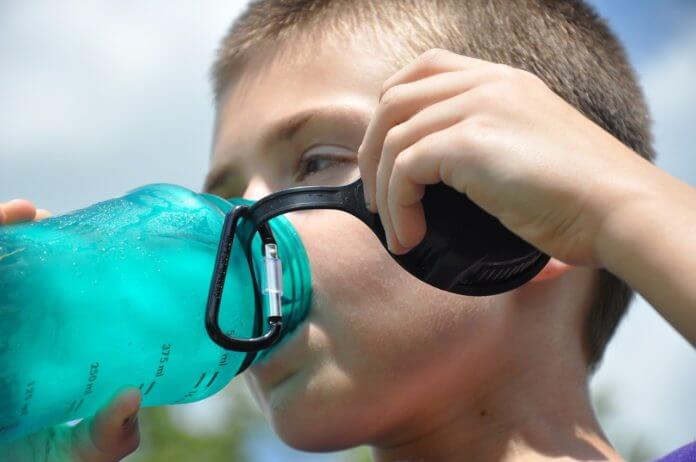



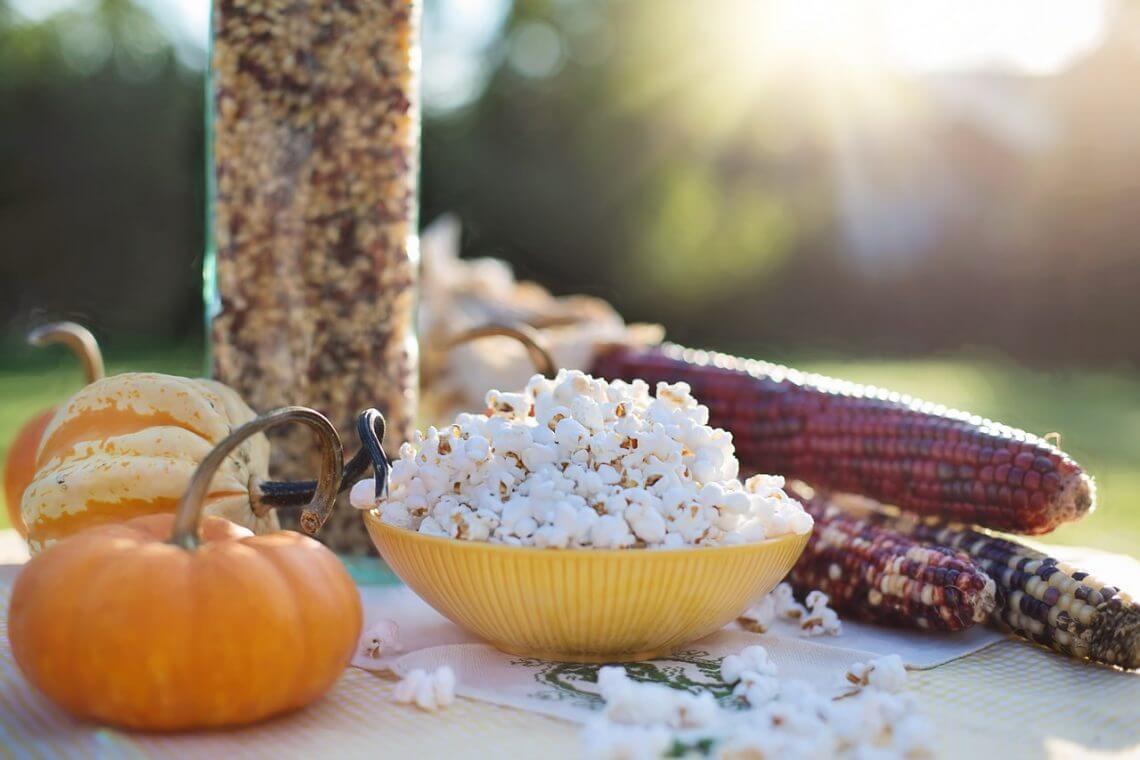

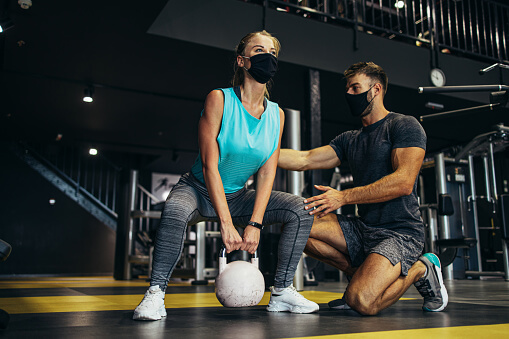
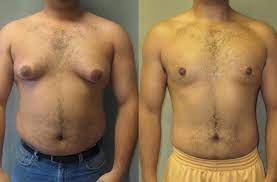
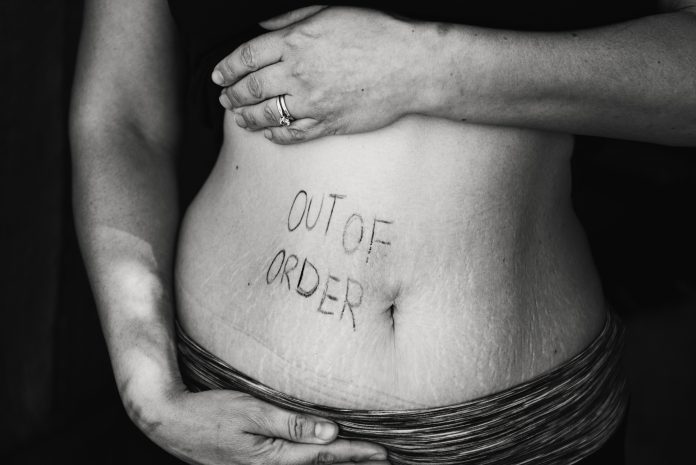
Leave a Review